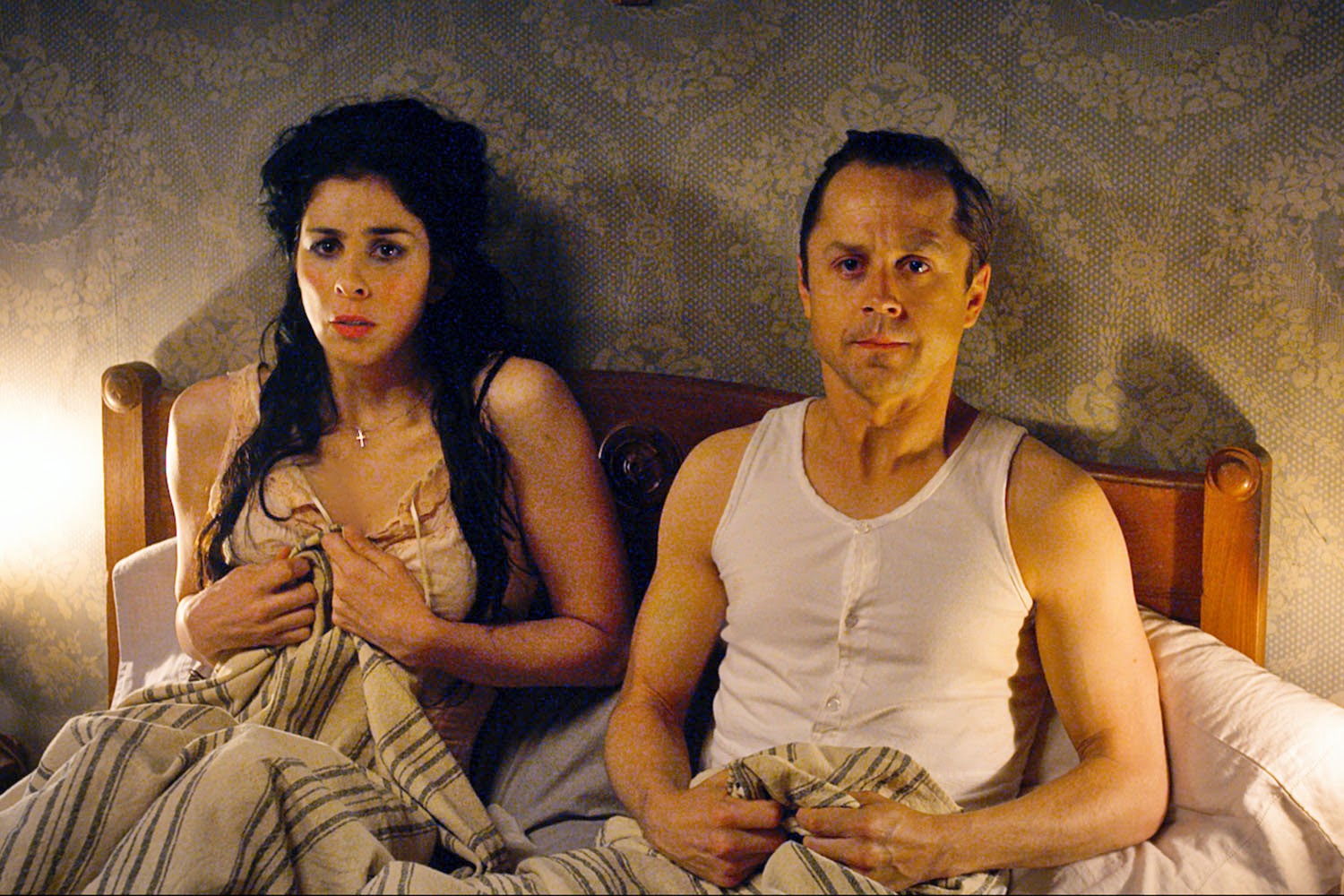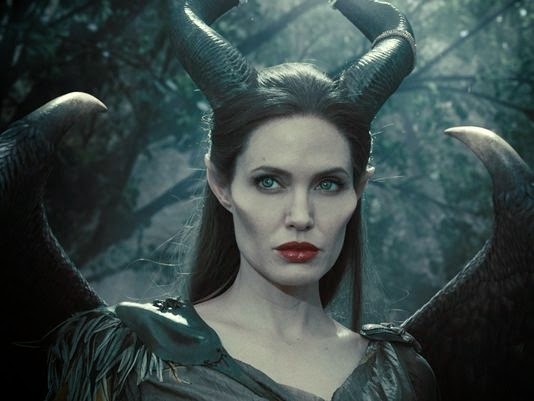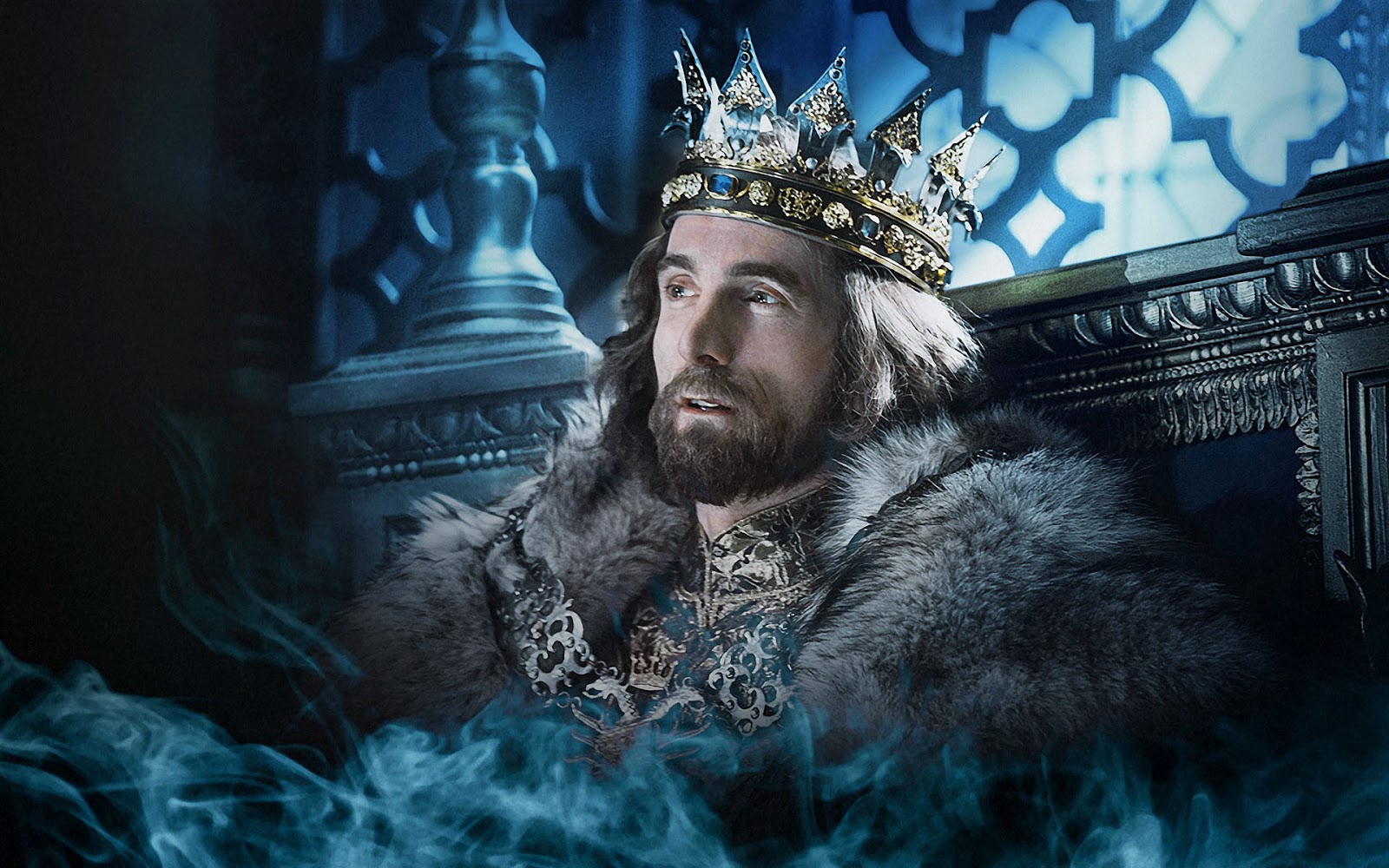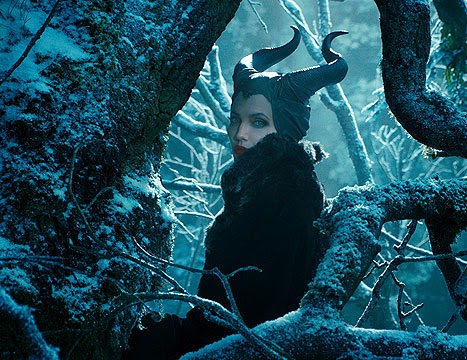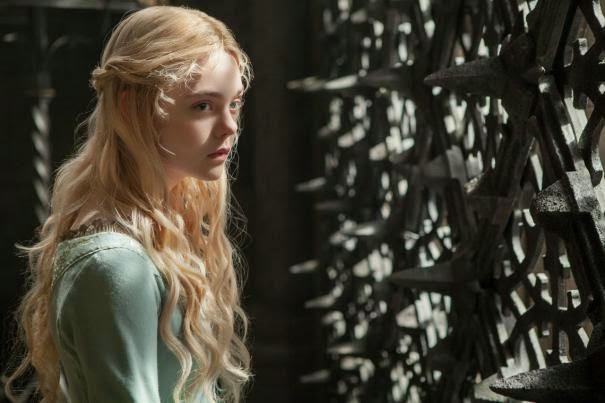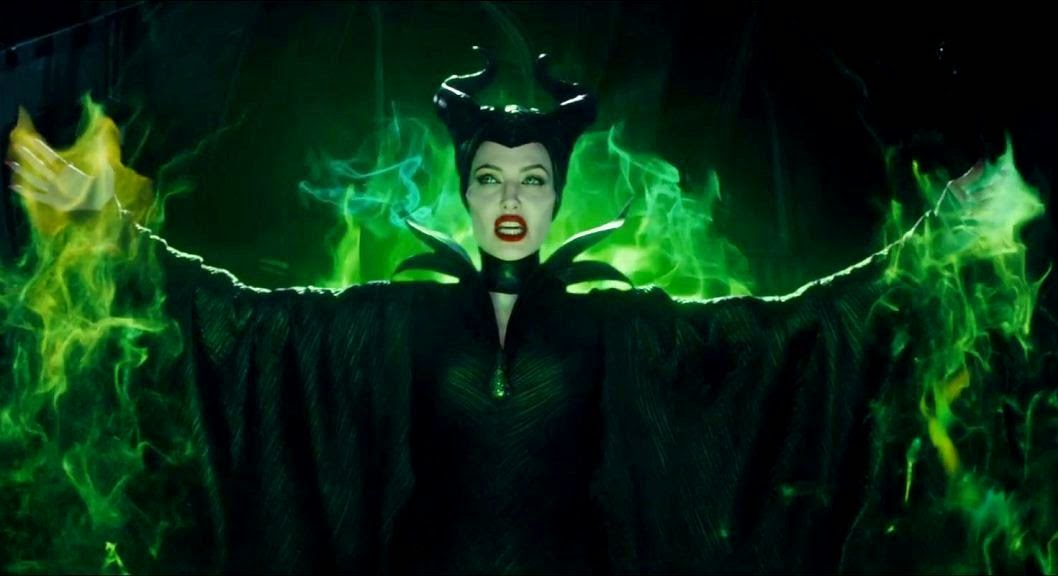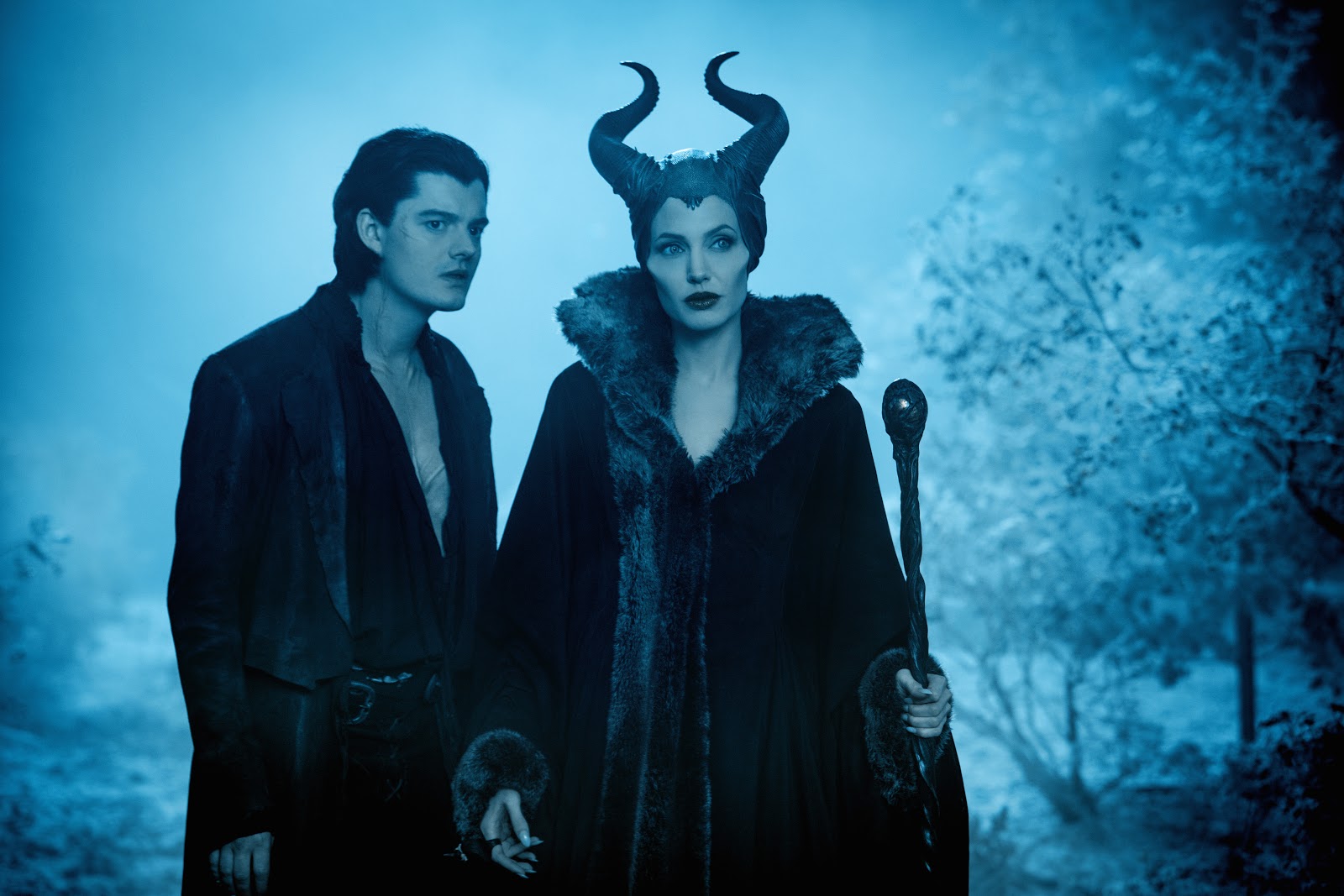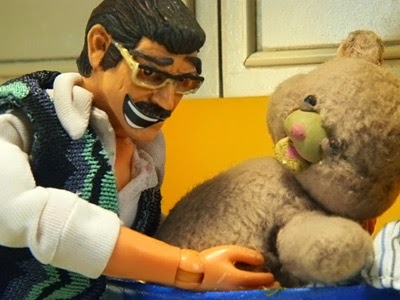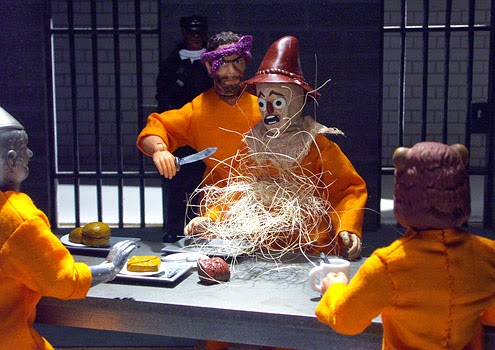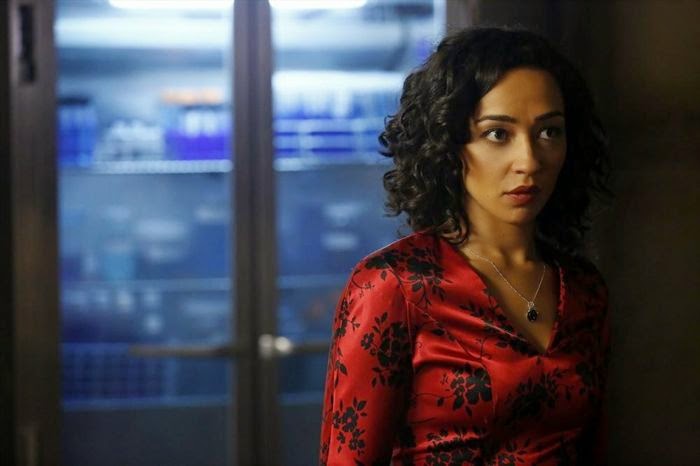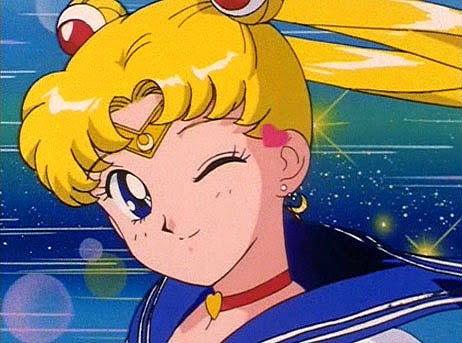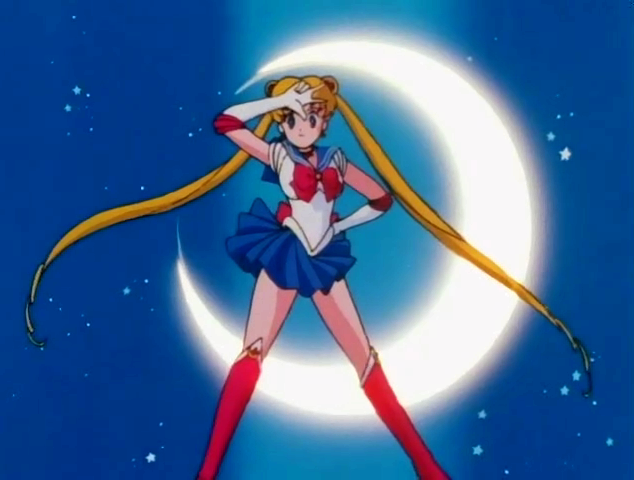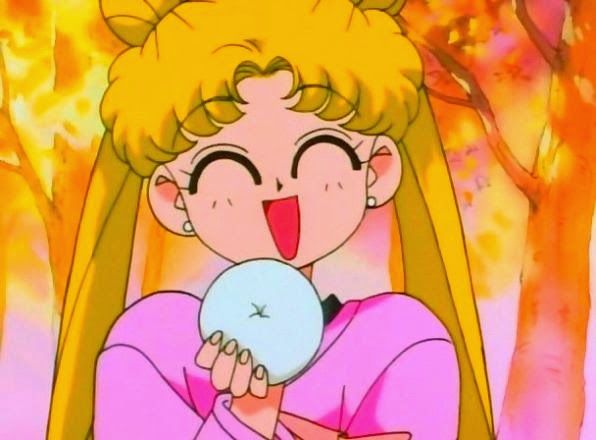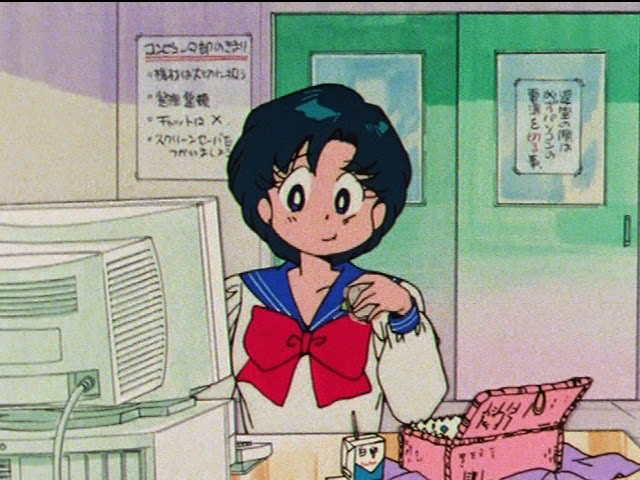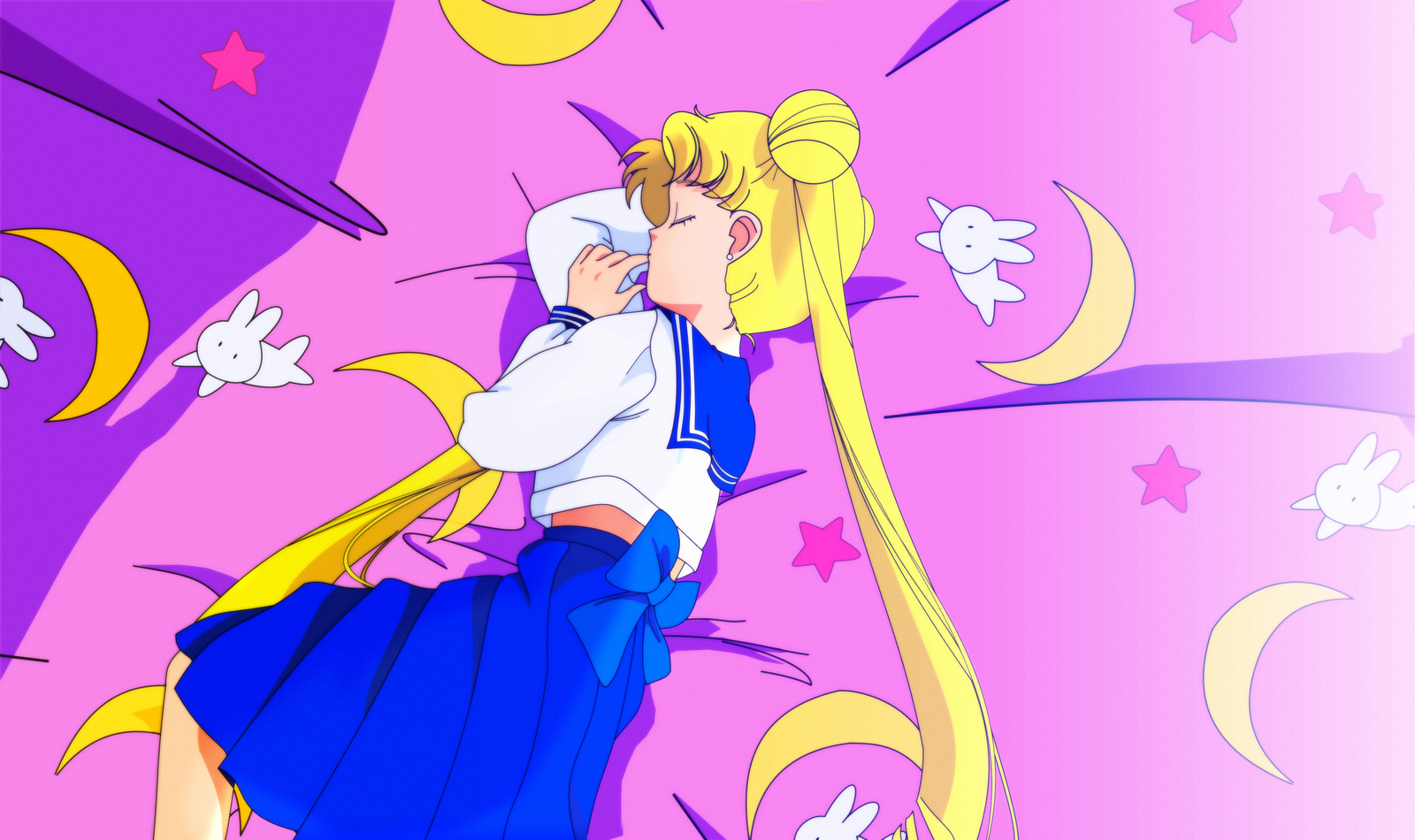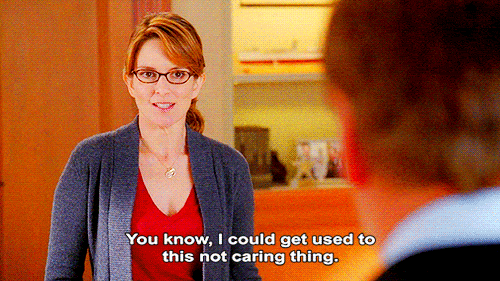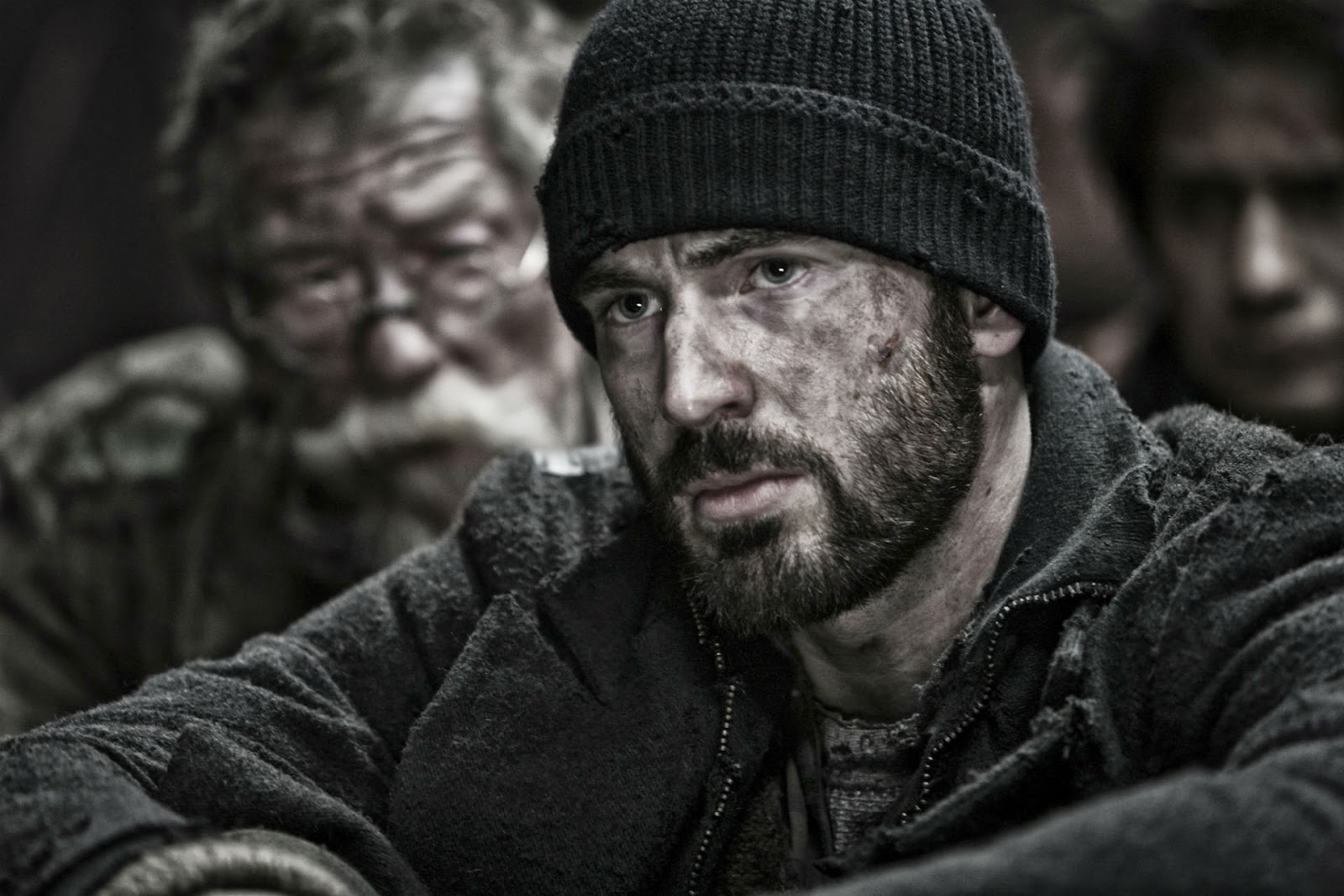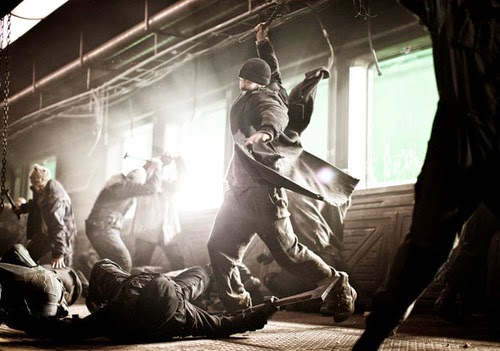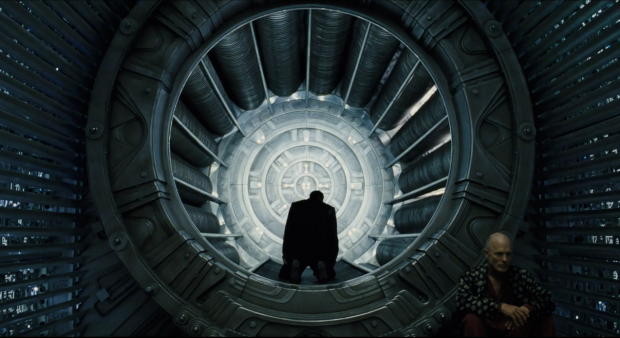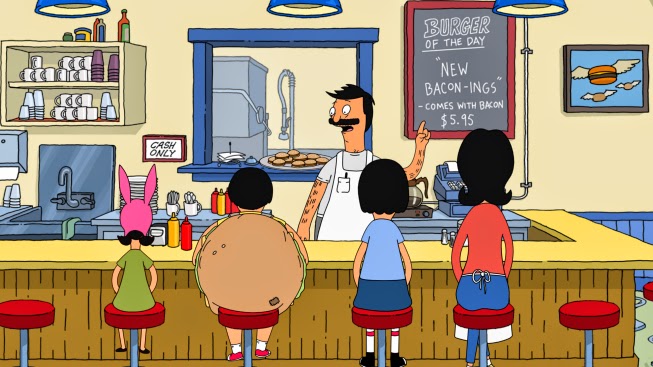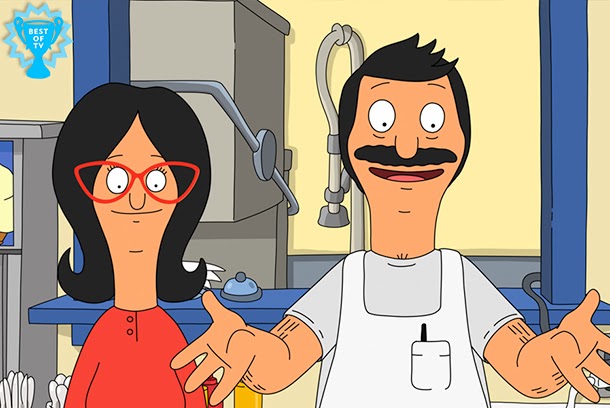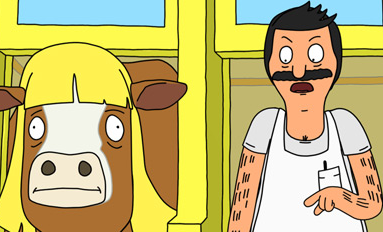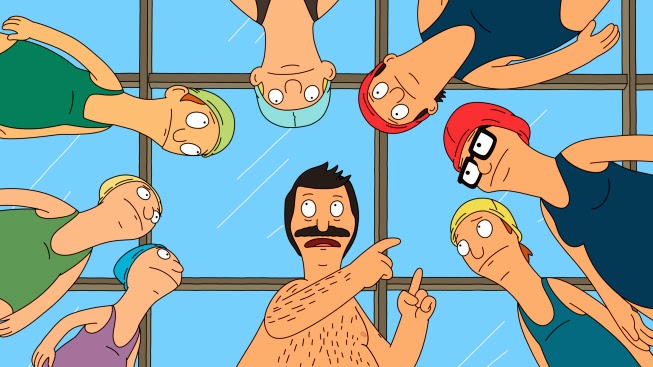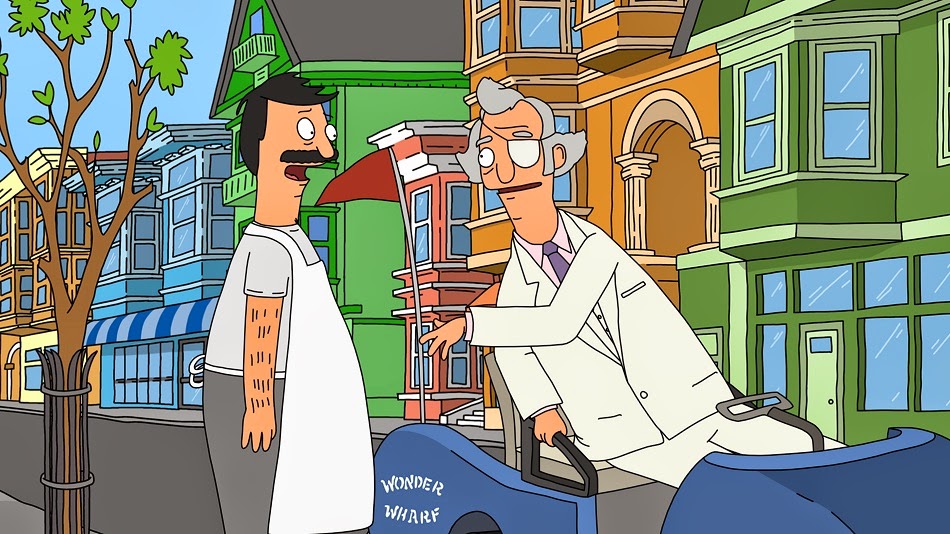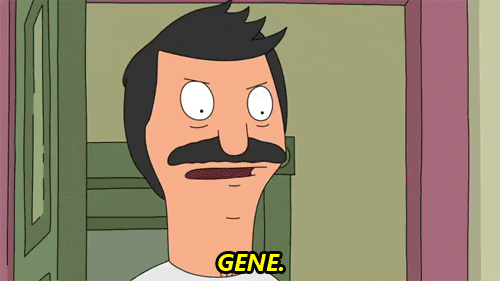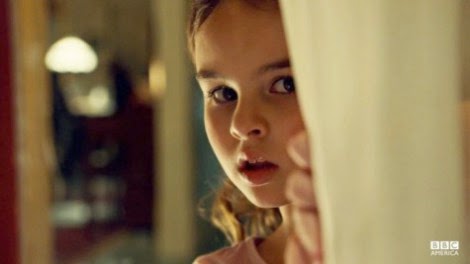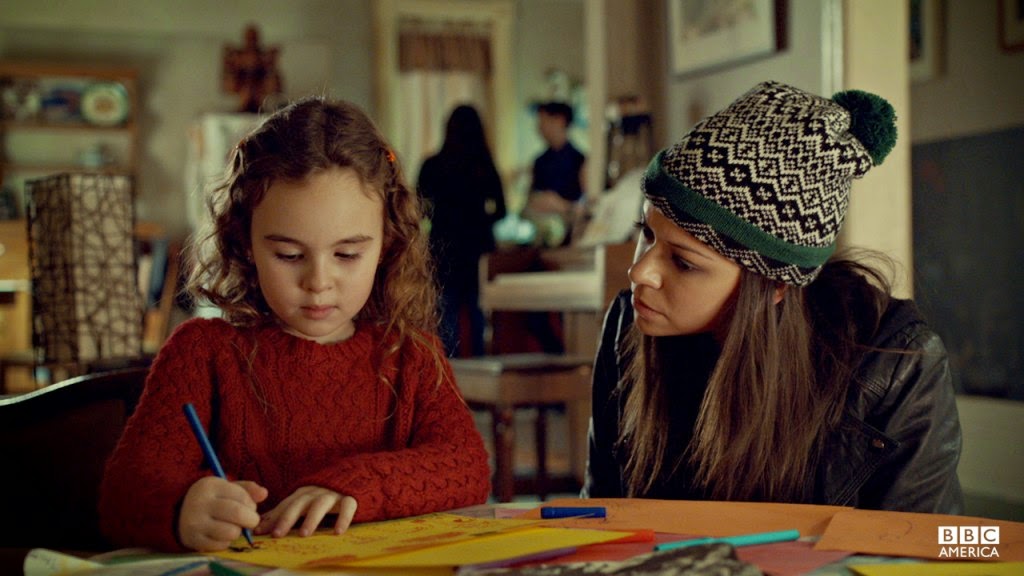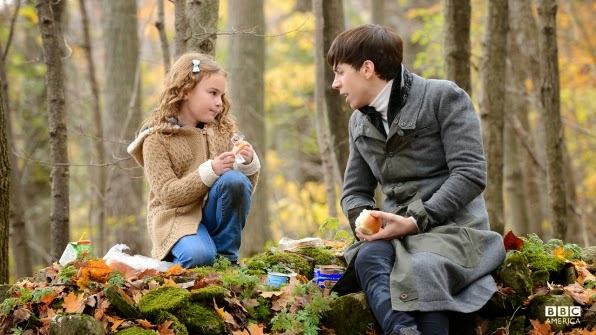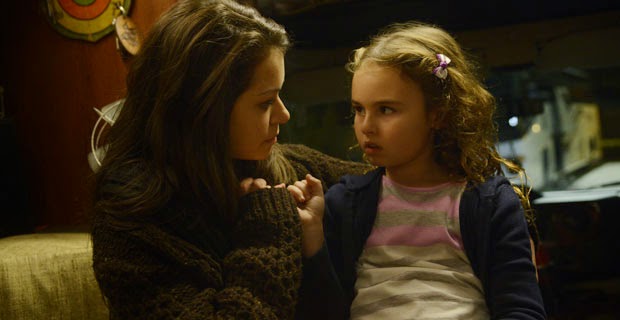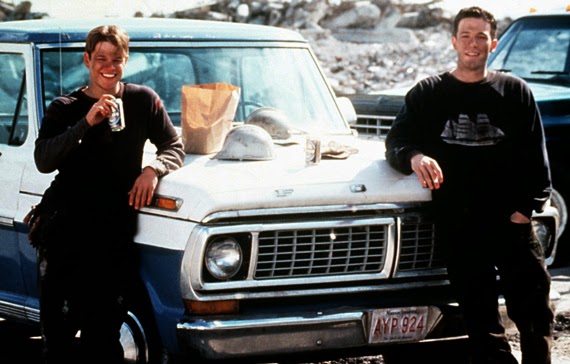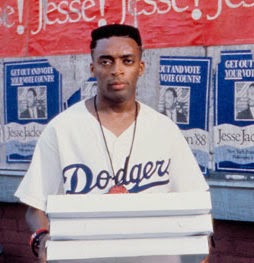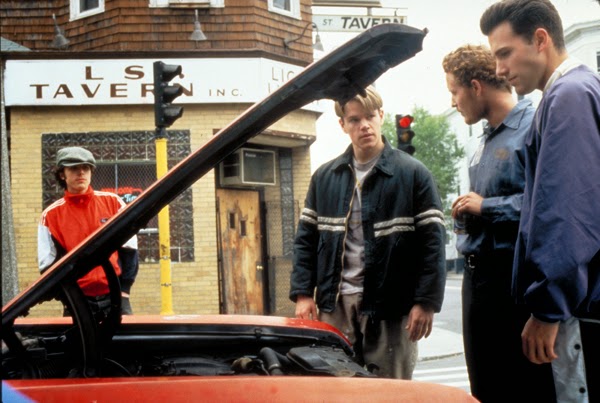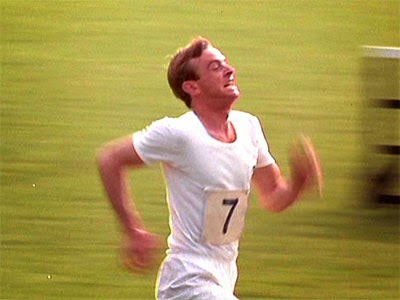Augustus Waters is a movie girlfriend. And that is totally okay.
This is a topic I've touched on before (with Raleigh Becket in Pacific Rim and Sam Wilson in Captain America: The Winter Soldier), the male character who occupies a traditionally female role. Apparently this is a series of articles now. Just go with it.
Now, obviously, these aren't actually female characters, but they are characters with traditionally feminine traits and roles in the story. Raleigh takes the role of a supportive, "I believe in you!" female character from traditional action movies. Sam is basically Captain America's love interest. And Augustus Waters? He's a movie girlfriend.
Actually, if you want to be really technical about this (and I see no reason why not to be), Augustus Waters is a Manic Pixie Dream Girl. Or a Manic Pixie Dream Boy if you want to be pedantic. He comes into the story as a breath of fresh air, revitalizing Hazel and teaching her to appreciate life with his wacky, untraditional ways.
But I'm getting ahead of myself. If you're not already aware, the character in question here, Gus, is main male character in this summer's blockbuster weepfest, The Fault in Our Stars. The movie, based on the novel of the same name by John Green, follows Hazel Grace Lancaster (Shailene Woodley), a seventeen year old girl with terminal cancer, as she falls in love with Augustus Waters (Ansel Elgort), a cancer survivor she meets in group therapy. It's a very sweet story, and also quite sad, for reasons that should be apparent.
SPOILERS from here on out. If you don't want spoilers, read this review.
When I say that Augustus is a strong female character, I obviously don't mean that he's actually a woman. He's not, in case you were wondering. What I mean is that his space in the narrative is usually reserved for a female character. In fact, the entire plot of The Fault in Our Stars is very far from being a new and different story, we're just unused to seeing it with this gender arrangement. Basically, if Hazel were a dude and Gus were a girl, we would have seen this movie a thousand times before.
It's called A Walk to Remember. And Love Story. And Harold and Maude. And dozens of other films throughout the years.* In each of these stories, the intense male hero is brought to life by an amazing, wonderful, quirky woman who teaches him to love and live. Then, at least in all of the examples I just named, she dies.
This is the official TVTropes.org definition of a Manic Pixie Dream Girl. Read it, and then switch the pronouns. That's it, that's the plot of The Fault in Our Stars.
He's dreamily attractive, very playful and silly, and totally head over heels for the quiet and serious Hazel. He takes her on impromptu picnics. He arranges wild trips to Europe so she can meet her childhood hero. He gets her to help egg a car. He inspires Hazel to live widely and deeply and wonderfully and to not be afraid of leaving people behind when she dies.
And then, like I said above, he dies. We'll talk more about that later.
Okay, so obviously Gus is an MPDG. But what does that really mean in the context of the story? Is that a good thing? Well, yes and no. On the one hand, I have to say that I find something really appealing in the way that Gus operates in the traditionally female role in this movie. He's the emotional support, the one with feelings and beliefs and dreams, and he's ultimately the one who must sacrifice in order to inspire our hero, Hazel, to live.
However. I tend to dislike the MPDG trope in general because it presents a skewed view of reality. The MPDG tends to not really make much sense if you apply logic to the universe. Now, in the book TFIOS, this is held true. Gus' idiosyncrasies are shown to be exactly what they are: a scared teenager playing at being an adult so he doesn't have to deal with his fear of death. He seems pretentious, and that's because he is pretentious. Very much so.
But in the movie, that doesn't really translate. Gus comes across as being kind of perfect. He's a little bit smarmy, sure, but it's a nice smarmy. We're supposed to like it. Even in his last days, while the narrative tells us that Gus loses his sense of humor and is miserable and scared, we don't actually see that. We see one little moment when he's terrified and sick, and then the rest is whitewashed away. We never see Augustus Waters break, and that's a problem. It's a problem because, like all those other Manic Pixie Dream Girls, he dies prettily so that our hero can fully experience life.
And yet I go back and forth on the issue. Is Augustus Waters a good character? I don't know. I like him in the book, but the movie, as I've said before, kind of hit me weirdly. It felt a little artificial. A little too nice and clean. A huge part of that was the sanitization of Gus' death. We see nothing really objectionable. We have one moment of true fear and pain, and the rest is washed away.
On the other hand, though, I do think there is value, and a lot of value, in Gus' role in the film. It's valuable because this kind of character, this supportive, exuberant, openly emotional and emphatic type of character, is rarely identified as male. You just don't see a lot of guys like him. Especially not in an indie romance like this.
Look. How often do you get a mainstream movie about a bookish young woman and her exuberant, chaotic boyfriend? More than that, how often do we get to see, in any medium, a story where the woman is the one being changed, and the man is the one encouraging deeper emotional intimacy and trust. I'm just saying, it's relatively rare.
I think for me, it doesn't detract that Gus is an MPDG or that he's a movie girlfriend. Those attributes actually add value to his character. Sure, he's smug and pretentious and kind of ridiculous, but those are the reasons his character is interesting. Without those flaws, he'd be another pretty boy with secret angst.
I don't often like to say this, but as with the other male Strong Female Characters I've profiled here, the gender reversal in this story really does make it more compelling. It wouldn't be half as good if Hazel and Gus were switched. Honestly, I think it'd be pretty terrible.
Augustus Waters is a movie girlfriend. He does all the things a movie girlfriend does: he acts the same ways and has the same narrative impact. And that's okay. Good, even. Because by being that character, flawed and irritating as he is, he creates a new paradigm for masculinity. By being a Manic Pixie Dream Girl, Gus actually opens up new ideas of what it means to be a leading man. I know that's weird, and I'm not sure it's the kind of equality we're really looking for in filmic representation, but it's a start.
*Incidentally, one of the only other examples of the role reversal in this type of story that I've seen is the Bollywood film Kal Ho Naa Ho. It's awesome, and it's about an uptight young Indian woman living in New York City, who falls in love with her eccentric Manic Pixie Dream Boy next door neighbor. He loves her too, but he can never tell her so, because he's secretly dying. I love this movie so much. Seriously. Watch it. You will probably regret it, but do it anyway.
This is a topic I've touched on before (with Raleigh Becket in Pacific Rim and Sam Wilson in Captain America: The Winter Soldier), the male character who occupies a traditionally female role. Apparently this is a series of articles now. Just go with it.
Now, obviously, these aren't actually female characters, but they are characters with traditionally feminine traits and roles in the story. Raleigh takes the role of a supportive, "I believe in you!" female character from traditional action movies. Sam is basically Captain America's love interest. And Augustus Waters? He's a movie girlfriend.
Actually, if you want to be really technical about this (and I see no reason why not to be), Augustus Waters is a Manic Pixie Dream Girl. Or a Manic Pixie Dream Boy if you want to be pedantic. He comes into the story as a breath of fresh air, revitalizing Hazel and teaching her to appreciate life with his wacky, untraditional ways.
But I'm getting ahead of myself. If you're not already aware, the character in question here, Gus, is main male character in this summer's blockbuster weepfest, The Fault in Our Stars. The movie, based on the novel of the same name by John Green, follows Hazel Grace Lancaster (Shailene Woodley), a seventeen year old girl with terminal cancer, as she falls in love with Augustus Waters (Ansel Elgort), a cancer survivor she meets in group therapy. It's a very sweet story, and also quite sad, for reasons that should be apparent.
SPOILERS from here on out. If you don't want spoilers, read this review.
When I say that Augustus is a strong female character, I obviously don't mean that he's actually a woman. He's not, in case you were wondering. What I mean is that his space in the narrative is usually reserved for a female character. In fact, the entire plot of The Fault in Our Stars is very far from being a new and different story, we're just unused to seeing it with this gender arrangement. Basically, if Hazel were a dude and Gus were a girl, we would have seen this movie a thousand times before.
It's called A Walk to Remember. And Love Story. And Harold and Maude. And dozens of other films throughout the years.* In each of these stories, the intense male hero is brought to life by an amazing, wonderful, quirky woman who teaches him to love and live. Then, at least in all of the examples I just named, she dies.
This is the official TVTropes.org definition of a Manic Pixie Dream Girl. Read it, and then switch the pronouns. That's it, that's the plot of The Fault in Our Stars.
Let's say you're a soulful, brooding male hero, living a sheltered, emotionless existence. If only someone could come along and open your heart to the great, wondrous adventure of life... Have no fear, the Manic Pixie Dream Girl is here to give new meaning to the male hero's life! She's stunningly attractive, high on life, full of wacky quirks and idiosyncrasies (generally including childlike playfulness and a tendency towards petty crime), often with a touch of wild hair dye. She's inexplicably obsessed with our stuffed-shirt hero, on whom she will focus her kuh-razy antics until he learns to live freely and love madly. [x]Hazel is soulful, brooding, and definitely the hero of the story. She lives a sheltered life, and her best friends at the start of the film are her two parents. She's living as if she's dead already. And then she meets Augustus Waters, who appears out of the blue, tells her he's beautiful, spouts some nonsense about metaphors, and then promptly whisks Hazel off her feet.
He's dreamily attractive, very playful and silly, and totally head over heels for the quiet and serious Hazel. He takes her on impromptu picnics. He arranges wild trips to Europe so she can meet her childhood hero. He gets her to help egg a car. He inspires Hazel to live widely and deeply and wonderfully and to not be afraid of leaving people behind when she dies.
And then, like I said above, he dies. We'll talk more about that later.
Okay, so obviously Gus is an MPDG. But what does that really mean in the context of the story? Is that a good thing? Well, yes and no. On the one hand, I have to say that I find something really appealing in the way that Gus operates in the traditionally female role in this movie. He's the emotional support, the one with feelings and beliefs and dreams, and he's ultimately the one who must sacrifice in order to inspire our hero, Hazel, to live.
However. I tend to dislike the MPDG trope in general because it presents a skewed view of reality. The MPDG tends to not really make much sense if you apply logic to the universe. Now, in the book TFIOS, this is held true. Gus' idiosyncrasies are shown to be exactly what they are: a scared teenager playing at being an adult so he doesn't have to deal with his fear of death. He seems pretentious, and that's because he is pretentious. Very much so.
But in the movie, that doesn't really translate. Gus comes across as being kind of perfect. He's a little bit smarmy, sure, but it's a nice smarmy. We're supposed to like it. Even in his last days, while the narrative tells us that Gus loses his sense of humor and is miserable and scared, we don't actually see that. We see one little moment when he's terrified and sick, and then the rest is whitewashed away. We never see Augustus Waters break, and that's a problem. It's a problem because, like all those other Manic Pixie Dream Girls, he dies prettily so that our hero can fully experience life.
And yet I go back and forth on the issue. Is Augustus Waters a good character? I don't know. I like him in the book, but the movie, as I've said before, kind of hit me weirdly. It felt a little artificial. A little too nice and clean. A huge part of that was the sanitization of Gus' death. We see nothing really objectionable. We have one moment of true fear and pain, and the rest is washed away.
On the other hand, though, I do think there is value, and a lot of value, in Gus' role in the film. It's valuable because this kind of character, this supportive, exuberant, openly emotional and emphatic type of character, is rarely identified as male. You just don't see a lot of guys like him. Especially not in an indie romance like this.
Look. How often do you get a mainstream movie about a bookish young woman and her exuberant, chaotic boyfriend? More than that, how often do we get to see, in any medium, a story where the woman is the one being changed, and the man is the one encouraging deeper emotional intimacy and trust. I'm just saying, it's relatively rare.
I think for me, it doesn't detract that Gus is an MPDG or that he's a movie girlfriend. Those attributes actually add value to his character. Sure, he's smug and pretentious and kind of ridiculous, but those are the reasons his character is interesting. Without those flaws, he'd be another pretty boy with secret angst.
I don't often like to say this, but as with the other male Strong Female Characters I've profiled here, the gender reversal in this story really does make it more compelling. It wouldn't be half as good if Hazel and Gus were switched. Honestly, I think it'd be pretty terrible.
Augustus Waters is a movie girlfriend. He does all the things a movie girlfriend does: he acts the same ways and has the same narrative impact. And that's okay. Good, even. Because by being that character, flawed and irritating as he is, he creates a new paradigm for masculinity. By being a Manic Pixie Dream Girl, Gus actually opens up new ideas of what it means to be a leading man. I know that's weird, and I'm not sure it's the kind of equality we're really looking for in filmic representation, but it's a start.
*Incidentally, one of the only other examples of the role reversal in this type of story that I've seen is the Bollywood film Kal Ho Naa Ho. It's awesome, and it's about an uptight young Indian woman living in New York City, who falls in love with her eccentric Manic Pixie Dream Boy next door neighbor. He loves her too, but he can never tell her so, because he's secretly dying. I love this movie so much. Seriously. Watch it. You will probably regret it, but do it anyway.











